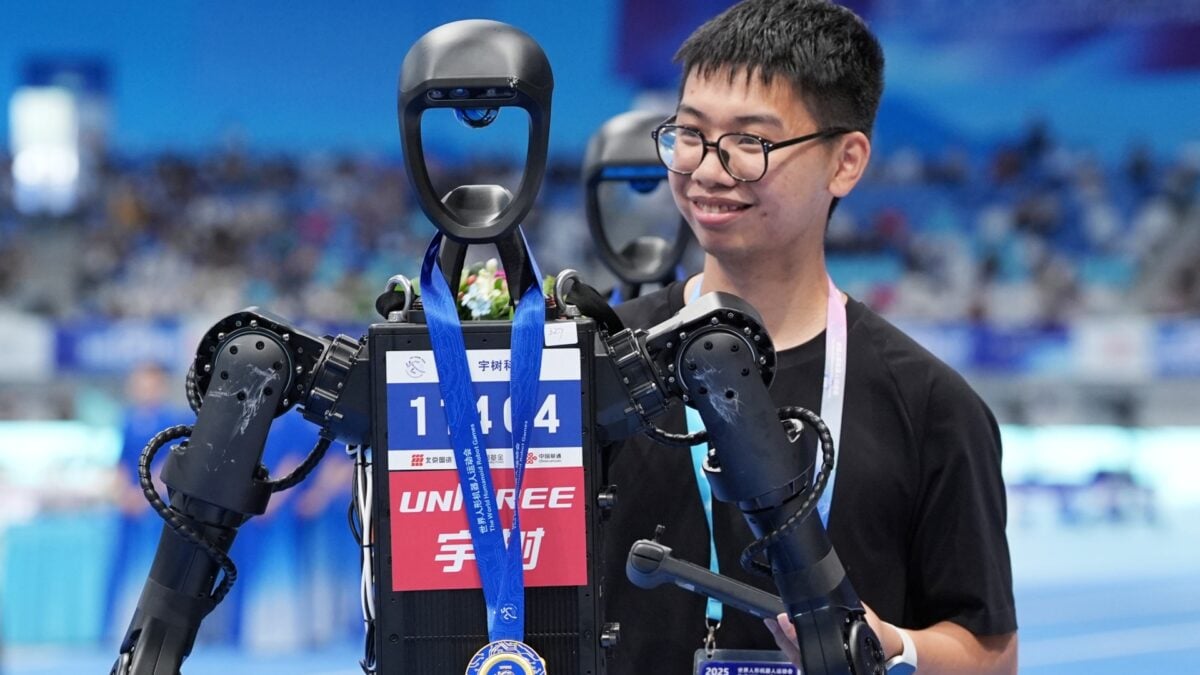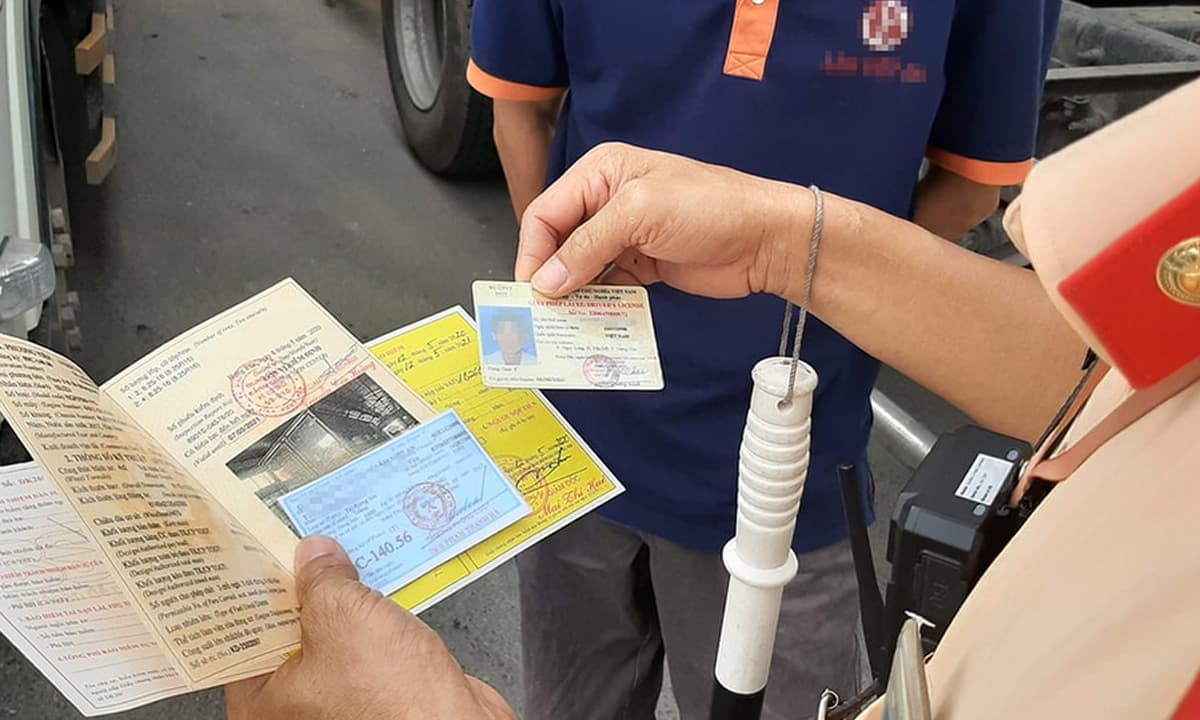The Biggest Winners of China's World Humanoid Robot Games

China just hosted the first-ever World Humanoid Robot Games—basically the Olympics, but for robots.
The three-day event kicked off Thursday, August 14, inside Beijing’s 12,000-seat National Speed Skating Oval, a venue originally built for the 2022 Winter Olympics. Over 200 teams from 16 countries including Japan, Brazil, Germany, and the U.S., competed across 26 competitions. The contests ranged from classic track-and-field events and gymnastics to kickboxing, soccer, medicine sorting, and even hotel cleaning.
The games were meant to show off China’s latest robotics breakthroughs and highlight how humanoid machines could one day be used in real-world scenarios.
It’s all part of the country’s broader push to win the global robotics race. Over the past year alone, Beijing has poured more than $20 billion in subsidies into the sector and is reportedly planning a one trillion yuan ($137 billion) fund to support AI and robotics startups, according to Reuters. Some U.S. robotics companies, including Tesla and Boston Dynamics, have already urged U.S. lawmakers to create a competing national strategy. The games also followed the opening of China’s first robot mall and the 2025 World Robot Conference in Beijing this month.

But even before this month, China has been turning to high-profile events to showcase its tech, including a robot half-marathon and dancing humanoid robots during its Lunar New Year’s Eve TV gala, watched by hundreds of millions of people, according to The New York Times.
At the games, the humanoid robots pulled off some impressive feats. The first gold medal went to Unitree Robotics, whose H1 humanoid completed the 1,500-meter race in just 6:34 seconds. Unitree founder and CEO Wang Xingxing told local media that he expects future robots to run autonomously, most of them are still being controlled by remotely. The H1 humanoid robot currently goes for about 650,000 yuan (US$90,494).
However, not everything went smoothly, proving the tech still has some limitations. Some robots froze at the starting line or failed to finish their race, and one robot even lost an arm mid-race. In a soccer match, one clumsy robot triggered a pileup.

The game’s biggest winners
Unsurprisingly, Chinese firms dominated the games.
Hong Kong–based investment firm Shoucheng Holdings was quick to brag afterward, noting in a press release that companies in its portfolio secured 37 medals, including 12 gold, 14 silver, and 11 bronze.
Unitree Robotics and X-Humanoid won the most total medals. Unitree hauled in 11 medals, including four golds in the 400-meter dash, 1,500-meter race, 100-meter hurdles, and 4×100-meter relay. X-Humanoid, officially the Beijing Humanoid Robot Innovation Centre, wasn’t far behind, winning 10 medals, including two gold medals in the 100-meter sprint and a “materials handling” contest meant to mimic factory-floor work.








